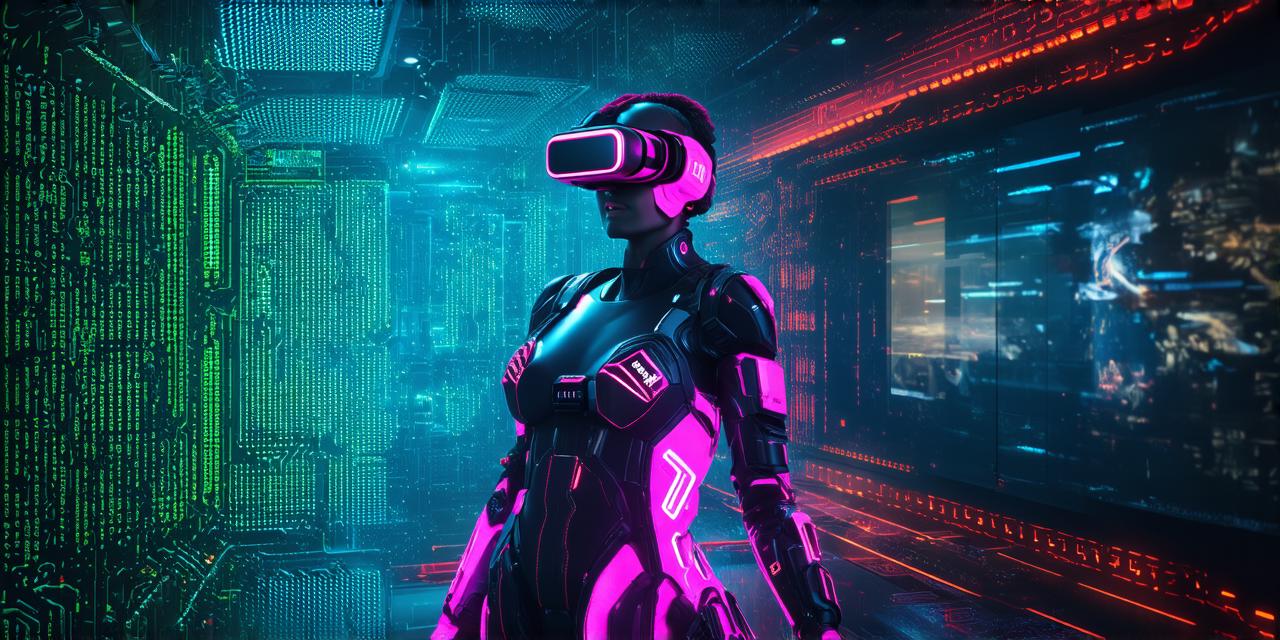NFT games have already disrupted traditional gaming models, allowing players to own unique and valuable assets that they can trade on decentralized marketplaces. However, as with any new technology, there are questions about whether NFT games will continue to grow and thrive in the future. In this article, we’ll explore the potential of NFT games, looking at current trends, case studies, and expert opinions to answer the question: Do NFT games have a future?
Case Studies: The Rise of CryptoKitties and Decentraland
One of the most well-known examples of an NFT game is Cryptokitties, which was launched in 2017 by Dapper Labs. The game allows players to breed and sell digital cats, with each cat being a unique NFT that can be bought and sold on the open market. Cryptokitties quickly became one of the most popular NFT games, raising millions of dollars in revenue and attracting a large and dedicated community of players.
Another example of an NFT game is Decentraland, which was launched in 2018 by the Decentraland Foundation. Decentraland is a virtual reality world that allows users to create and own their own digital assets, including land, buildings, and avatars. All of these assets are NFTs, which can be bought and sold on the open market. Decentraland has already attracted millions of users and has raised millions of dollars in funding.
Expert Opinions: The Future of NFT Games

Many experts believe that NFT games will continue to grow and thrive in the future. For example, Andreessen Horowitz, a co-founder of Andreessen Horowitz Ventures and a leading investor in blockchain technology, has said that he believes NFTs will be “the most important cultural artifact of the next decade.”
“The idea of ownership and scarcity is something that has been central to human culture for thousands of years,” Horowitz said. “With NFTs, we’re finally able to create a digital world where ownership and scarcity can truly be meaningful. I believe [NFT games] will continue to grow and thrive in the coming years as more people recognize the value and potential of these unique assets.”
Similarly, Jaron Lanier, a technologist and author who has written extensively about the impact of technology on society, believes that NFTs have the potential to revolutionize the way we think about ownership and value.
“NFTs represent a fundamental shift in our understanding of what it means to own something,” Lanier said. “For too long, we’ve been trapped in a system where things are easily replicated and devalued. With NFTs, we can finally create a system where ownership is meaningful and valuable again.”
Summary: Do NFT Games Have a Future?
The future of NFT games remains to be seen, but there are certainly indications that this technology will continue to grow and thrive in the coming years. As more people recognize the value and potential of unique and valuable assets, we can expect to see more innovation and disruption in the gaming industry as NFTs become an increasingly important part of our digital lives.
Ultimately, whether NFT games have a future will depend on how they continue to evolve and adapt to changing consumer needs and market demands. However, based on current trends and expert opinions, it seems likely that NFT games will continue to be a significant force in the world of gaming for years to come.
